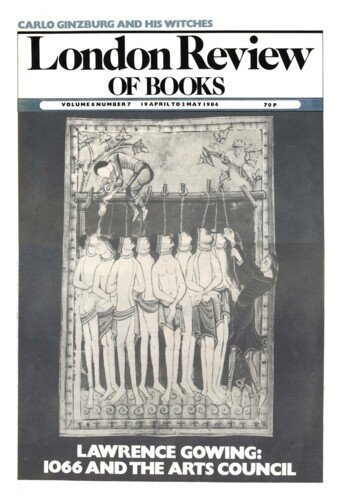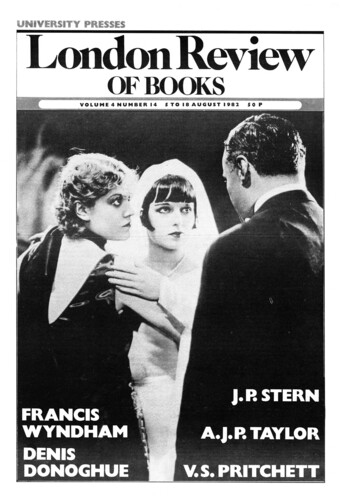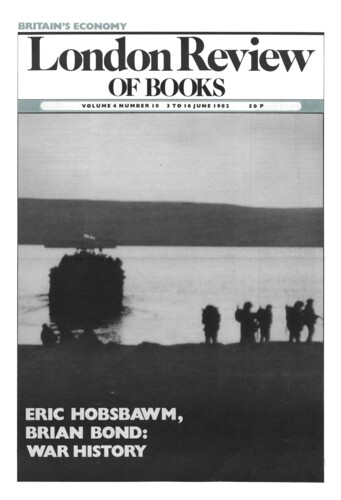‘Has lost the right arm; black, small moustache; black stunted whiskers not meeting under the chin but inclined to grow backwards towards the ears; regular nose; handsome face, inclined to be long;…when walking he swaggers a little and swings the left arm, he has the slightest inclination to stoop, but is straight, smart, active and gentlemanly-looking; his age is about 30 years.’ Such was the picture of the young Michael Davitt, Fenian suspect, produced by the police detective who was watching him in 1869. (In fact, he was working-class, and 24 years old.) Somewhat later, after seven years’ penal servitude, he was seen by the Irish Parliamentarian F.H.O’Donnell as ‘a tall dark romantic looking man … more like a starved poet than a revolutionist’. (Davitt in return called O’Donnell a ‘self-seeker and egotist’, ‘a most accomplished fraud, dishonest, treacherous, and aiming for office’.) These descriptions – and, perhaps, this invective – are not merely indicative of the prodigious detail of T.W. Moody’s new study: they supply much of his explanation of Davitt’s capacity to sway vast crowds of Connacht peasants whose minds were less than perfectly attuned to his. What impressed his audiences was ‘the intensity of his manner, the clarity of his utterance, and his striking appearance’. Davitt looked the part.
Davitt and Irish Revolution 1846-1882 by T.W. Moody. ‘Has lost the right arm; black, small moustache; black stunted whiskers not meeting under the chin but inclined to grow backwards towards the ears; regular nose; handsome face, inclined to be...




